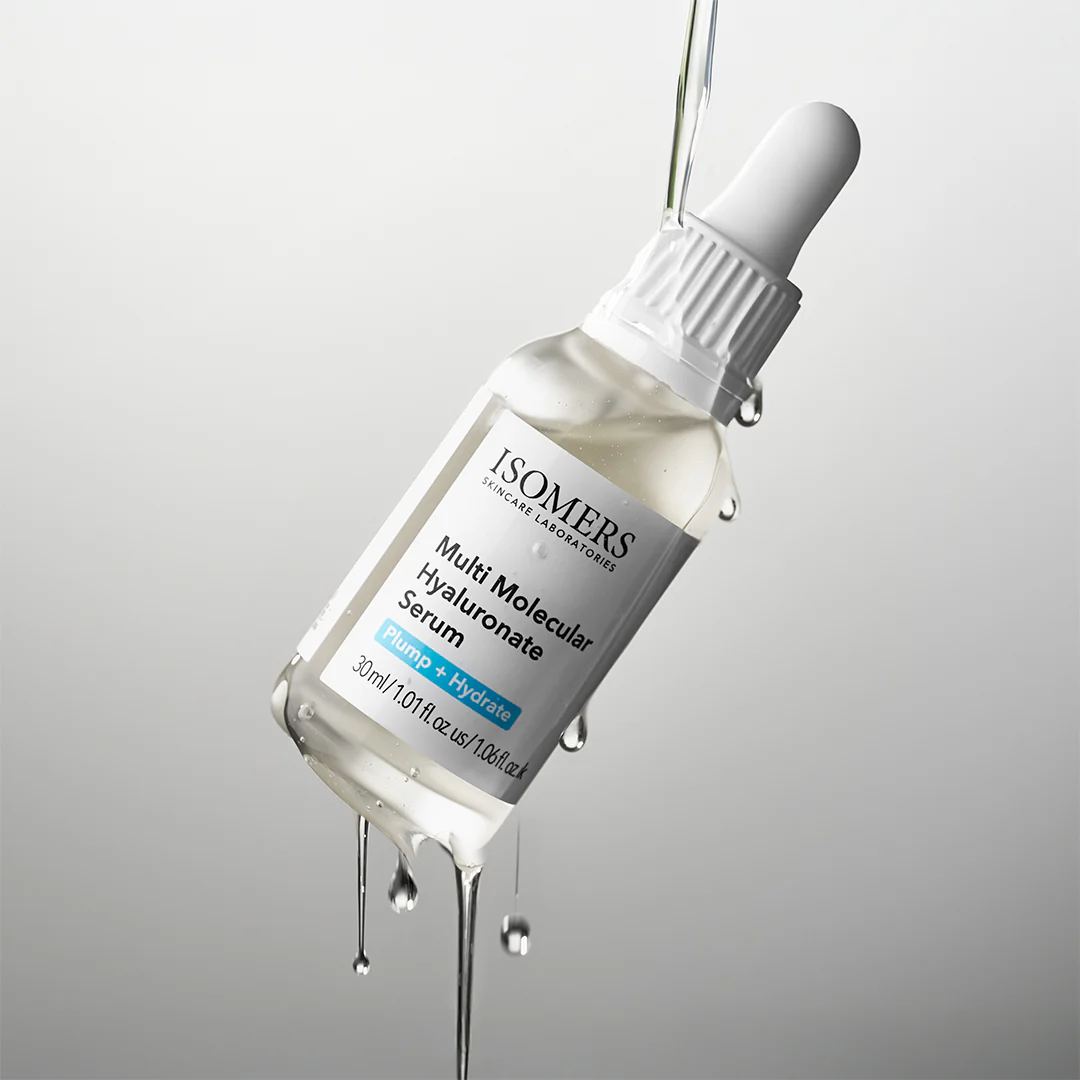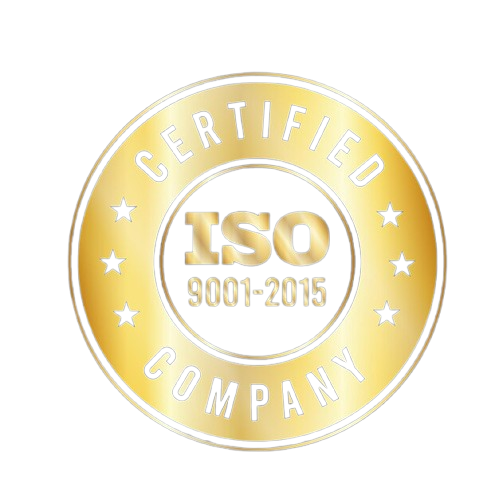Why Isomers Are Essential for Sterility in Cleanroom Manufacturing
Understanding Isomers and Their Role in Cleanroom Sterility
In industries where sterility and contamination control are paramount, such as pharmaceuticals, biotechnology, and medical device manufacturing, cleanrooms play a crucial role in maintaining a sterile environment for product development. Cleanrooms are designed to minimize the presence of airborne particulates, bacteria, and other contaminants that could compromise the quality, safety, and effectiveness of products. Within this context, isomers—molecules that have the same molecular formula but differ in their atomic arrangements—play an often overlooked but essential role in ensuring the sterility of cleanroom manufacturing processes.
Isomers are fundamental to the manufacturing of various materials and chemicals used in cleanrooms. These substances must not only adhere to strict regulatory standards but also meet the highest levels of cleanliness and purity. Wiselink Group, a leading provider of cleanroom solutions and equipment, understands the importance of isomers in cleanroom sterility and ensures that the materials used in cleanroom construction, as well as the equipment employed, support optimal sterility. In this blog, we’ll explore the role of isomers in cleanroom manufacturing, focusing on their relevance to sterility, cleanroom ventilation, materials, and how Wiselink Group integrates them into its solutions.
What Are Isomers?
Isomers are molecules that have the same chemical formula, meaning they consist of the same types and numbers of atoms. However, these atoms are arranged differently in space, resulting in distinct molecular structures. This structural difference can significantly affect the properties of the isomers, including their chemical reactivity, stability, and interaction with other materials.
There are two primary types of isomers:
- Structural Isomers: These differ in the connectivity of atoms within the molecule, resulting in different molecular structures.
- Stereoisomers: These have the same molecular connectivity but differ in the spatial arrangement of atoms or groups.
The role of isomers in cleanroom materials is particularly important because different isomeric forms of a substance can exhibit different physical and chemical properties, which can have a significant impact on how they interact with other materials in a cleanroom environment. For instance, the use of certain isomers can affect the stability, sterility, and chemical compatibility of cleanroom materials, making them essential for maintaining the required standards of cleanliness and sterility.
The Role of Isomers in Cleanroom Sterility
Sterility in cleanroom manufacturing is not just about keeping the air free from contaminants—it’s also about the materials used in cleanroom construction and equipment. Isomers play a vital role in this process by influencing the chemical properties of these materials. When cleanroom manufacturers design materials and equipment for specific applications, they must carefully consider which isomeric forms will provide the desired balance of stability, compatibility, and cleanliness.
1. Cleanroom Materials and the Importance of Isomers
The materials used to construct cleanrooms, such as panels, flooring, and coatings, must be resistant to contamination and easy to clean. Isomers play a crucial role in the design of these materials, as different isomeric forms can affect their ability to resist chemical breakdown, their surface smoothness, and their cleanliness. For example:
- Surface Smoothness: Certain isomers of polymer-based materials can provide smoother surfaces, which are easier to clean and less likely to harbor dust, dirt, or microorganisms.
- Chemical Stability: The stability of materials under environmental stress is crucial for maintaining sterility. Some isomers are more resistant to degradation from UV light, heat, or chemical exposure, making them ideal for cleanroom materials.
- Biological Compatibility: In biotechnology and pharmaceutical cleanrooms, the materials used must not release any particles or compounds that could impact the sterility of the environment. Isomers with the right biological compatibility are essential in preventing such contamination.
Wiselink Group, which provides cleanroom panels, doors, pass boxes, and other essential components, ensures that the isomeric forms of materials used are optimized for maintaining the highest standards of sterility and cleanliness.
2. Isomers in Cleanroom Ventilation Systems
Ventilation systems are a critical part of maintaining cleanroom sterility, as they ensure a constant flow of filtered air and regulate the temperature, humidity, and pressure. The materials used in these systems must be able to withstand long-term exposure to air, moisture, and other environmental factors without degrading or releasing contaminants. Isomers play a role in enhancing the performance and durability of ventilation components such as air ducts, louvers, and filters.
For example, isomers can affect the chemical properties of the materials used in ventilation systems:
- Material Durability: Some isomers may offer better resistance to heat, humidity, or chemical reactions, ensuring that the ventilation system remains intact and free from contamination.
- Airflow Efficiency: The design of certain isomeric forms of materials can optimize airflow, reducing the likelihood of contamination by maintaining consistent pressure differentials and air exchange rates in the cleanroom.
Wiselink Group provides advanced cleanroom ventilation systems designed to maintain optimal airflow and cleanliness. Their isomer-optimized components are built to withstand harsh conditions while ensuring the required standards of sterility are upheld.
3. Isomeric Forms in Cleanroom Equipment
Cleanroom equipment, such as laminar airflow hoods, pass boxes, and scrub sinks, must be carefully designed to minimize the risk of contamination. The materials used in these systems must be non-reactive, durable, and capable of withstanding frequent cleaning and sterilization. The use of specific isomeric forms of materials can help achieve these goals by enhancing the chemical and physical properties of the equipment.
For instance, pass boxes, which are used to transfer materials between cleanroom areas without contaminating the environment, rely on durable materials that resist wear and tear. Isomers with higher resistance to chemical corrosion and particle buildup are ideal for such applications.
How Wiselink Group Incorporates Isomers into Cleanroom Solutions
Wiselink Group understands the importance of isomers in cleanroom manufacturing and integrates them into their products and solutions. Whether it’s the cleanroom panels, air filtration systems, or pass boxes, Wiselink Group ensures that isomeric forms are carefully selected to meet the highest standards of sterility and performance.
Here are some ways Wiselink Group uses isomers to enhance cleanroom solutions:
- Customization of Cleanroom Materials: Wiselink’s cleanroom panels and other components are designed using carefully selected isomeric forms of materials that provide the right balance of strength, chemical resistance, and biological compatibility.
- Advanced Ventilation Systems: Isomer-optimized materials are used in Wiselink’s cleanroom ventilation systems to ensure long-lasting performance and compliance with sterility standards.
- High-Quality Equipment: Wiselink’s range of cleanroom equipment, including pass boxes and laminar airflow hoods, are made using isomer-optimized materials that ensure minimal particle contamination and maximum durability.
Ensuring Sterility with Isomers in Cleanroom Manufacturing
In cleanroom environments, where sterility and contamination control are critical, the role of isomers cannot be overstated. These molecules play an essential role in determining the properties of cleanroom materials, ventilation systems, and equipment, helping to ensure that the highest standards of cleanliness and sterility are maintained. Wiselink Group’s commitment to using carefully selected isomeric forms in their cleanroom solutions ensures that businesses in pharmaceuticals, biotechnology, and other industries can maintain a sterile environment and meet regulatory compliance.




